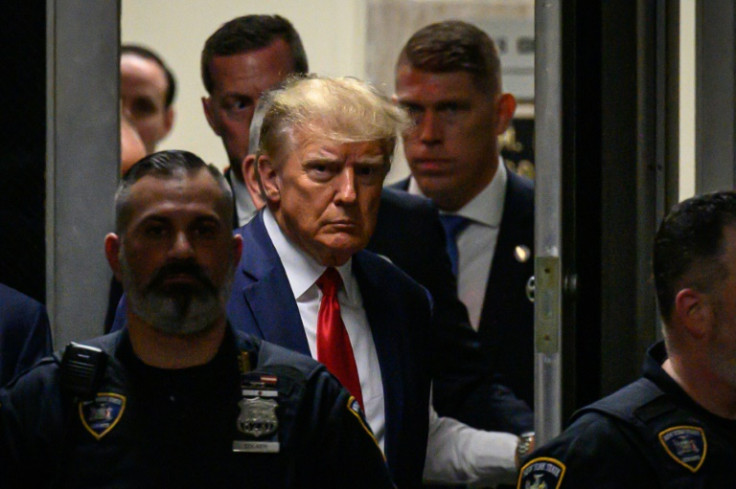Donald Trump indicted on 7 charges in classified document case
Former President Donald J. Trump to face alleged criminal charges for mishandling classified documents, causing political divisions and accountability concerns.

Former US President Donald J. Trump, a highly controversial figure in modern American politics, finds himself entangled in a new legal battle after criminal charges loom over his alleged mishandling of classified documents after leaving the White House. This was announced on his social media network, Truth Social, saying that he has been called to a federal courthouse in Miami on Tuesday, June 13th.
Thousands of documents were seized during Trump's FBI raid on his Mar-a-Lago residence in Florida last year, including around 100 marked as sensitive information to the national security of the US. These charges add another layer of scrutiny to Trump's presidency, raising crucial questions about the responsibilities and accountability of those who hold the highest office in the US.
Donald Trump's tenure as president was marked by numerous scandals and legal challenges, contributing to his divisive reputation. From his explicit and unconventional approach to foreign relations to his controversial domestic policies, his presidency drew both fervent support and fierce opposition. As he departed from office in January 2021, speculation grew about the potential legal consequences that could follow from his actions whilst in office became evident. Manifesting today we can see the fruition of these speculations come to life.
The Allegations and Potential Consequences
The criminal charges against Trump revolve around allegations of mishandling classified documents during his time in the White House. While specific details remain undisclosed, these charges suggest a violation of federal laws governing the handling and protection of sensitive information. Mishandling classified materials can include unauthorised disclosure, improper storage, or the sharing of classified information with unauthorised individuals.
On the evening of June 8th in an interview on CNN with Trump's lawyer, he stated that the potential criminal charges related to mishandling classified documents and others have been linked to the Espionage Act. The Espionage Act is a federal law enacted in 1917 that criminalises the unauthorised disclosure of national defence information that could potentially harm the United States or aid a foreign entity. If it is determined that Trump knowingly disclosed classified information or engaged in activities that endangered national security, prosecutors could pursue charges under this statute which could have him facing up to 20 years in prison.
The application of the Espionage Act to a former president would be a significant development, as it is traditionally used to prosecute government officials, intelligence personnel, or individuals who leak classified information to the public.
The act carries severe penalties, including lengthy prison terms, as seen with individuals such as Chelsea Manning, a former intelligence analyst, who was convicted under the for leaking classified documents to WikiLeaks. Thus, highlighting the gravity of the charges Trump may potentially face.
However, this has not been the first time Trump has been accused of leaking sensitive information whilst President. For instance, during his presidency, Trump faced scrutiny over a 2017 meeting with Russian officials in Washington. It was alleged that during this meeting, he shared highly classified information without proper authorisation, potentially jeopardising intelligence sources and methods. Such incidents raise concerns about potential breaches of national security protocols and the potential consequences for US interests by having a leader like Trump in office.
Beyond the legal aspects, the criminal charges against Donald Trump hold significant political ramifications, not just for his plans to run for the presidency in 2024. They deepen the already stark divide among Americans who have contrasting views on his presidency. Supporters of Trump might perceive the charges as politically motivated, viewing them as attempts to undermine his legacy. Conversely, his critics may see the charges as long overdue, believing they validate their concerns about his conduct while in office.
Ultimately, whether or not Donald Trump will face charges will depend on the outcome of ongoing investigations, the strength of the evidence presented, and the decisions made by federal prosecutors.
On the whole, Donald Trump's legal woes continue to mount as he faces criminal charges over his alleged mishandling of classified documents after leaving the White House. The outcome of these charges will not only clearly shape Trump's legacy but also set precedents for future leaders, reinforcing the notion that no one is above the law and immune from accountability.
© Copyright IBTimes 2025. All rights reserved.





















